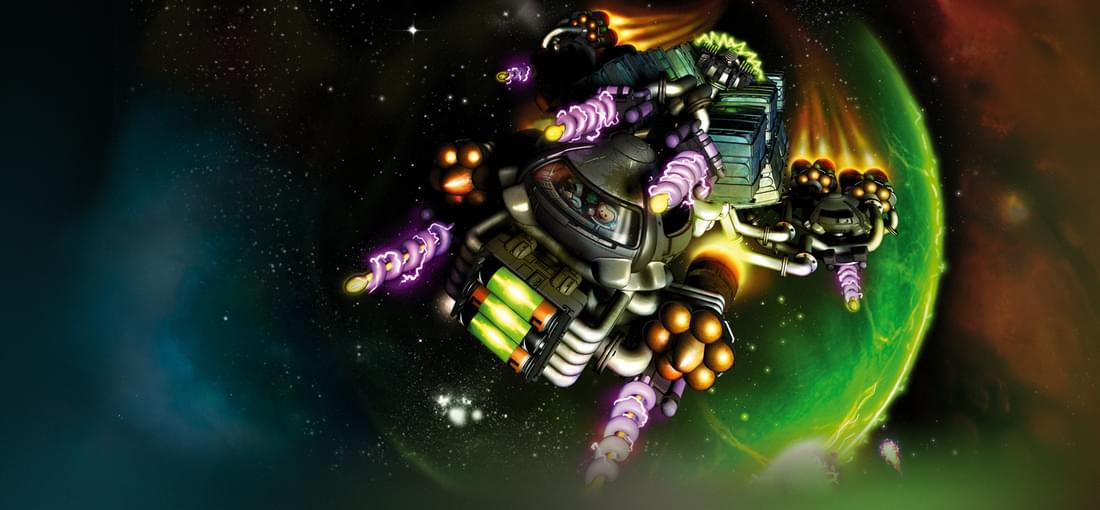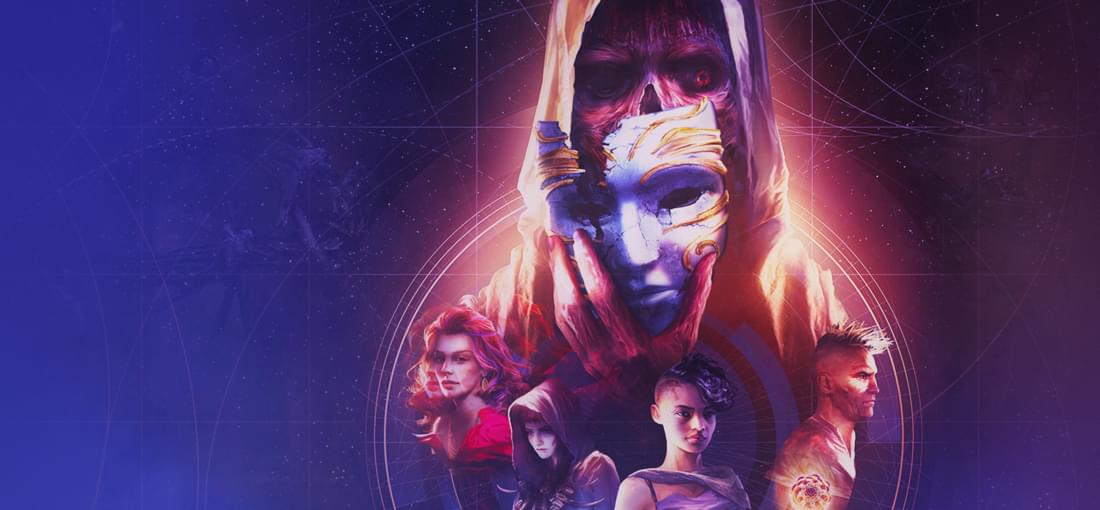


The idea of the game sounds fun, and I can imagine it being so in tabletop format, but put in code it becomes incredibly frustrating. The game's two-part cycle is simple enough - You race against other players to put a ship together with random tiles, and I do mean race. The slowest person gets put in last position, which is not good. This part can be very frantic, confusing, and incredibly frustrating, and if you're not lucky you'll be left with a hunk of garbage. The second phase of the game is essentially just eating a series of random event cards in rapid succession. You'll either pass through them with flying colors or fail pathetically, depending on how your ship was constructed. Or you'll just fail because you're in last place and there's nothing you can do but wait for for the result screen because most of the bonus cards will have nothing for you by the time it's your turn. With a group of friends, the succeed-or-burn nature of this game is probably great fun, with everyone laughing at each other's misfortune. Sitting alone by yourself, it's just a tedious drag where winning feels arbitrary and losing like some cosmic being is giving you the finger.

I liked Torment, but it's not a perfect game. To break it down easily... The Good -Torment has one of the biggest, most intricate, and best described worlds in video gaming. Pretty much everything can be looked at, and even vendor trash - Each individual piece, mind you - has a story -While individual characters aren't rendered in much detail, the world as a whole is gorgeous -Engrossing story -All the systems of the game work well, from leveling (Which is done in tiers), to the stats, to the problem resolving skills. You can fight and talk you're way out of just about anything -Torment often rewards failure - Even if you lose at a task, you can still win, or get an interesting result. It really dissuades you from save scumming, which keeps the game moving forward, instead of redoing the same thing for hours. The Bad -In many ways, Torments world is TOO big. The huge wave of individual details often hit you so frequently that it becomes hard to focus on each one. While I can remember the world as a whole quite well, I'm at a loss over many of the smaller aspects of it. Characters often start to run together, and even your party members become indistinct in the face of the world -Mandatory crisis (This games version of combat) distribution is inconstant. If you play through with the intention of avoiding them at all cost, you'll succeed for the most part - Until the very end of the game, where they dump several on you in a row, which no real way to resolve them before hand. You can still resolves these events peacefully, but the lack of previous exposure makes the game feel like it's changing the rules on you -The ending, while satisfying, feels out of place, with several assumptions the game has made for you getting overturned in rapid succession with no prior warning. It feels like the game, in many ways, ran out of rope Overall An enjoyable game, and a true story book experience, that unfortunately gets mired in it's own expansiveness